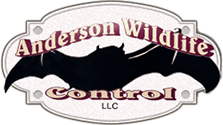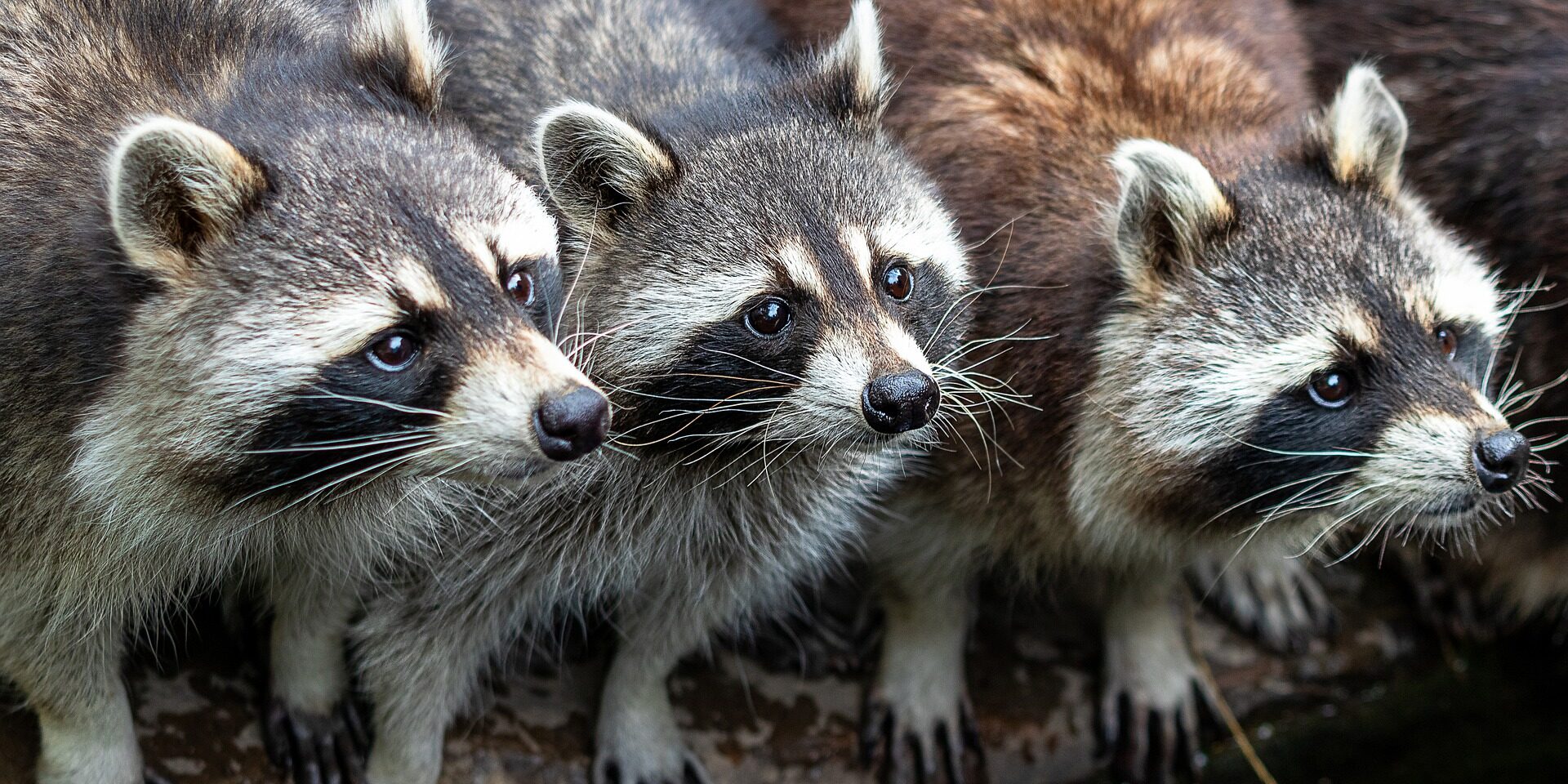Raccoons sleep in a variety of places. They are opportunistic animals that seek shelter where they can find it and often spend the night in one location, then quickly move on and find a den in another area. During winter and breeding season, however, raccoons tend to stay in one place for an extended period of time.
Places Where Raccoons Seek Shelter
Since raccoons are skilled climbers, they frequently make their dens in trees. They look for trees with large holes or fallen logs that are hollow inside. Mother raccoons often keep their babies in high trees for the first few months of their lives to protect them from predators. The young raccoons live in trees until they’re able to find food on their own.
Raccoons don’t just look for shelter in natural environments. They also seek refuge in abandoned vehicles and inside buildings, such as sheds and barns. They even sleep in houses if they can find entry points. Attics and crawlspaces can make good places for raccoons to sleep.
How to Keep Raccoons out of Your House
With winter approaching, raccoons will be looking for places to stay safe and warm in harsh weather. Your attic or crawlspace can be an ideal choice. Taking some simple steps can keep raccoons from moving into your house.
Check your house for any gaps or damaged areas where raccoons could get into your attic or crawlspace. If you find any potential entry points, have a contractor perform repairs to keep raccoons from getting inside your house.
Raccoons are drawn to areas where food is available. If you don’t want raccoons in your home, don’t leave food outside and draw them into your yard. Place trash in cans with the lids secured. If possible, keep trash cans in your garage or shed until collection day. If you have a dog or cat that you feed outdoors, bring its bowl inside in the evening so that raccoons won’t be attracted to leftover pet food.
What to Do If a Raccoon Is Living in Your Attic or Crawlspace
If you have reason to believe that a raccoon has already moved into your house, don’t try to get it out by yourself. Raccoons can be aggressive, and they can carry rabies. Let a professional take care of the raccoon so you don’t get hurt.
Anderson Wildlife Control has a team of animal removal specialists with the training and experience necessary to deal with raccoons safely and humanely. We can trap and relocate the raccoon, find the entry point that let it get into your house, and make repairs to keep other animals out. Contact us today to learn more.







